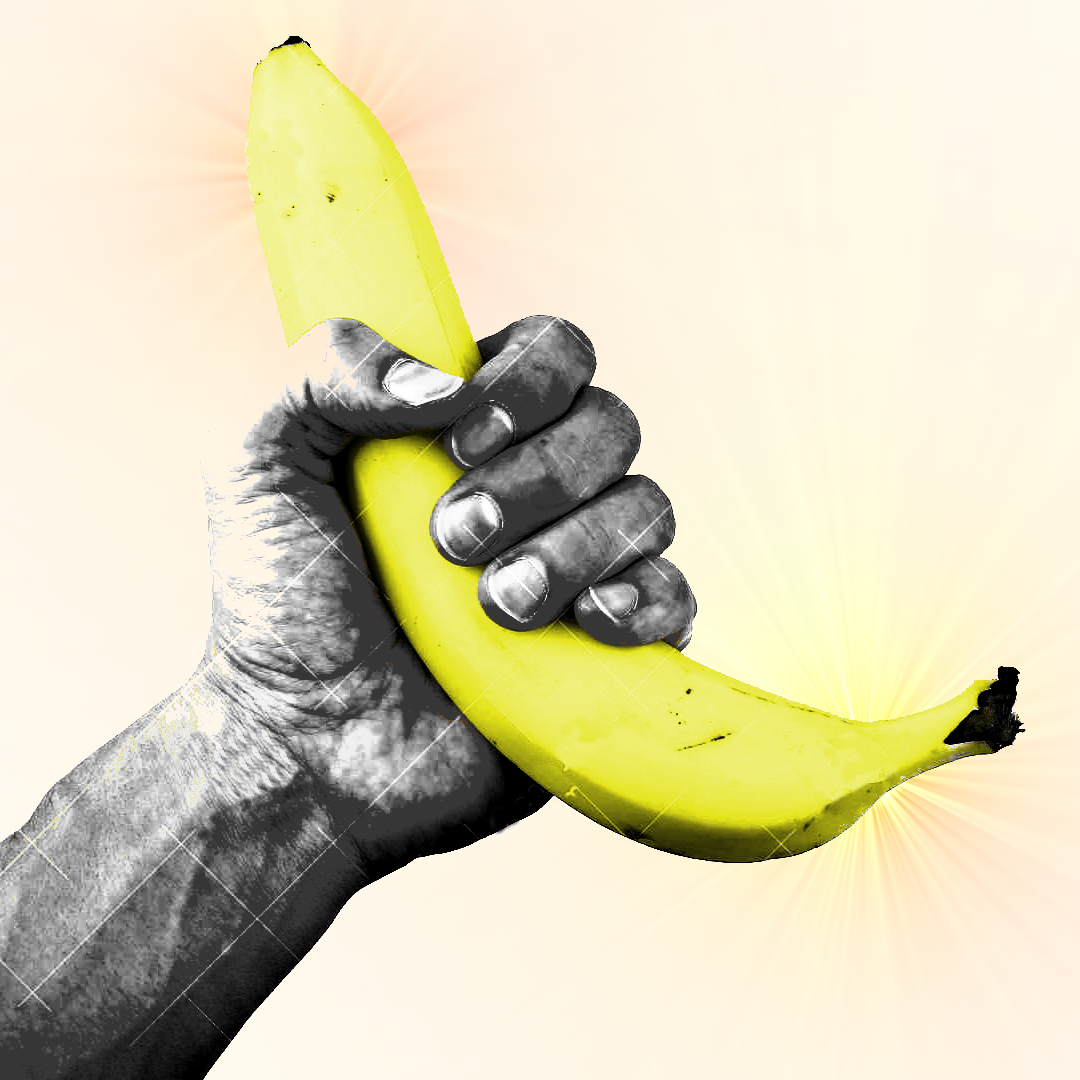New banana could feed millions
 QUT research has produced a golden-orange fleshed banana, rich in pro-vitamin A, that could feed starving parts of the world.
QUT research has produced a golden-orange fleshed banana, rich in pro-vitamin A, that could feed starving parts of the world.
After over a decade of research, led by Professor James Dale, a genetic modification process has resulted in the identification and selection of banana genes to enhance pro-vitamin A in banana fruit.
The research - backed with close to $10 million from the Bill & Melinda Gates Foundation - ultimately aims to improve the nutritional content of bananas in Uganda, where the fruit is the major staple food in their daily diet.
The research involved extensive laboratory tests at QUT as well as field trials in north Queensland.
Professor Dale describes the development of the biofortified banana as a significant humanitarian project.
“The East African Highland cooking banana is an excellent source of starch. It is harvested green then chopped and steamed,” Professor Dale said.
“But it has low levels of micronutrients particularly pro-vitamin A and iron. The consequences of vitamin A deficiency are severe.”
He said it had been estimated that 650,000-700,000 children world-wide die from pro-vitamin A deficiency each year with a further several hundred thousand going blind.
“What we’ve done is take a gene from a banana that originated in Papua New Guinea and is naturally very high in pro-vitamin A but has small bunches, and inserted it into a Cavendish banana,” Professor Dale said.
“Over the years, we’ve been able to develop a banana that has achieved excellent pro-vitamin A levels, hence the golden-orange rather than cream-coloured flesh.
“Achieving these scientific results along with their publication, is a major milestone in our quest to deliver a more nutritional diet to some of the poorest subsistence communities in Africa.
“We tried and tested hundreds of different genetic variations here in our lab and in field trials in Queensland until we got the best results.
“These elite genes have been sent to Uganda in test tubes where they have been inserted into Ugandan bananas for field trials there.”








 Print
Print